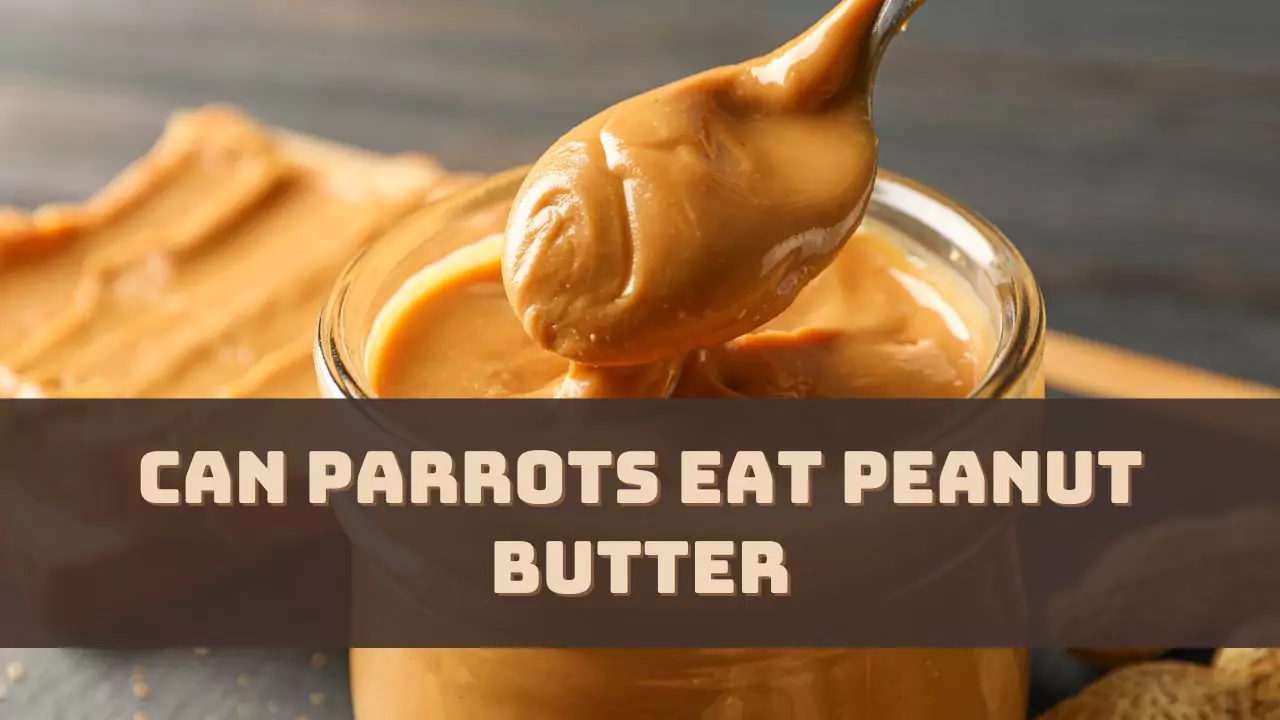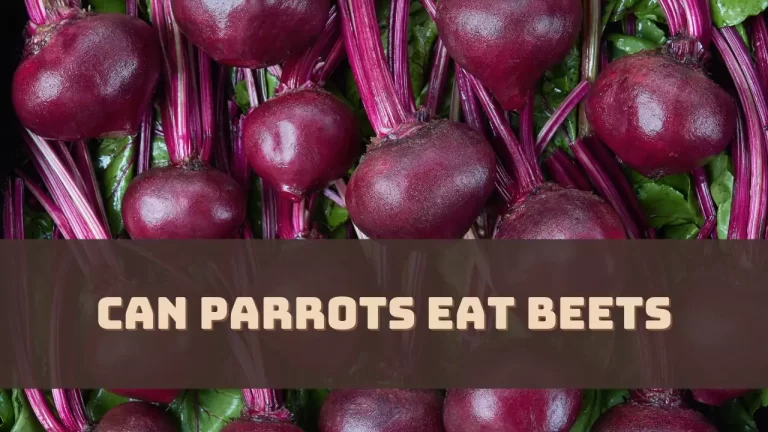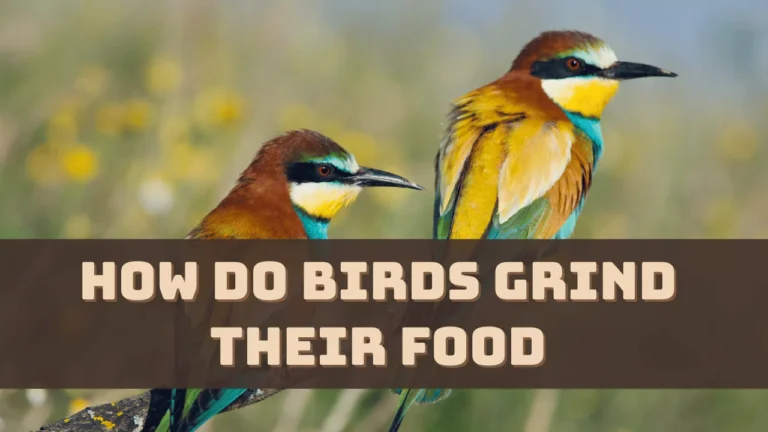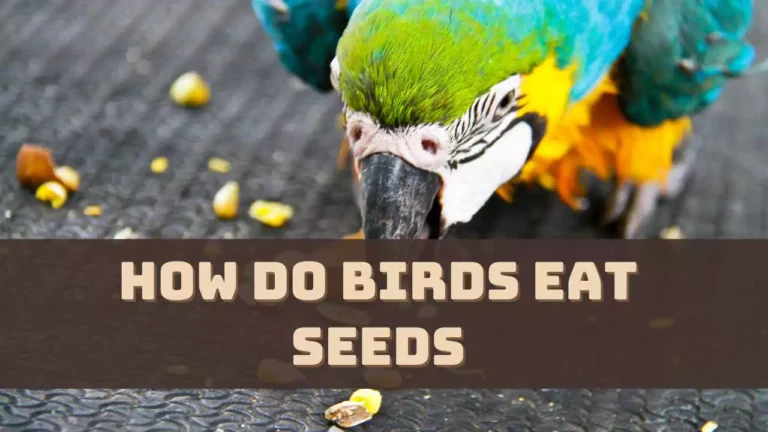Yes, you can feed peanut butter to parrots, but it should be in a spare amount or as an evening snack. If you are choosing natural peanut butter, it is already full of fat and should be given to the bird as a special treat, whereas the processed version is full of additives, such as sugar, palm oil, and molasses, and it should be avoided.
So, let’s get to know the benefits and risks of feeding peanut butter to parrots.
What is the Risk of Feeding Peanut Butter to Parrot?
Not all peanut butter possesses the same risk, but for the ones that are processed or based on the brand, the quality differs. Here are the potential risks of overfeeding peanut butter –
Toxicity
Some peanut butter has additives in the form of artificial sweeteners, such as sugar and salt which if ingested can be detrimental to the parrot. So, you have to choose the right kind of peanut butter that would be safe for your feather friend.
Presence of Aflatoxin Contamination
When peanut butter is left open for a long time molds start growing which releases a toxic substance called aflatoxin. If this is ingested, then it has the potential to cause health issues, such as liver damage and in extreme cases death.
Fat Development
Peanut butter is rich in fat and if consumed excessively, it can lead to obesity and other health problems including fatty liver and kidney failure.
Choking Hazard
Peanut butter is sticking and thick in consistency, so it might get stuck in the parrot’s throat. To avoid this, only a small amount of peanut butter should be given. Along with that, the parrot must have access to fresh water while feeding on the peanut butter.
Losing Feather Coating
If the bird consumes an excessive amount of peanut butter, then it affects the plumage and the bird might face difficulty while flying. With time, the feathers become less waterproof and it can create discomfort and other health issues while the bird is trying to fly.
What are the Benefits of Feeding Peanut Butter to Parrot?
Peanut butter has protein which looks after the overall well-being and health of the parrot. It also contains certain healthy fat which fulfills the energy requirement of the bird. It also has vitamin E and niacin in sparse quantities which helps to boost immunity and maintenance of organs.
The protein content of peanut butter helps in the growth and development required for repairing tissues, supporting immune systems, and also healthy growth of feathers. Antioxidants prevent free radicals from damaging the cell and are also important for metabolism and energy production.
However, irrespective of the benefits, taking a close view of the risk, peanut butter should only be offered as a special treat to the parrot.
Which Type of Peanut Butters are Recommended?
The peanut butter that is recommended –
- Natural peanut butter does not contain any additives in the form of salt or sugar.
- Unsalted peanut butter is also a healthy choice for the parrot, it has low sodium content and does not pose any health risks.
- Sugar-free peanut butter has no sugar and so unlike sugared peanut butter, it does not have any negative effects on the health of the parrot.
How Can You Feed Peanut Butter to Parrots?
There are multiple ways of feeding peanut butter to parrots if they are quite fussy or picky eaters, such as –
- You can use whole-grain bread, add a layer of peanut butter to it, and then serve it to the parrot. The texture and the taste of the food would definitely attract the birds.
- You can also spread the peanut butter on rice cake which would make a crunchy and creamy delight or evening snack for the parrot.
- You can try to blend peanut butter with fruits such as bananas, and apples to create a tasty smoothie that is safe for the parrot.
Can You Provide Peanut Butter Fudge to Parrots?
No, peanut butter fudge should not be provided to parrots, as it contains artificial sweeteners, fat, and additional ingredients in the form of salt and sugar which can lead to health issues in the bird.
What are the Best Alternatives of Peanut Butter for Parrot?
The alternatives to peanut butter include nuts, such as almonds and cashews, fruits such as apples and bananas, and vegetables, such as carrots and other leafy green veggies.




